ESG pressure
Practicing ESG (Environment, Social, Governance) standards is becoming a must.
This is the general opinion of businesses participating in the Seminar "ESG Practice in Enterprises: Building Sustainable Advantages - Creating a Prosperous Future" organized by the Ministry of Planning and Investment in coordination with the United States Agency for International Development (USAID) on the afternoon of October 3 in Hanoi .
“Recently, when we work with FDI partners, especially Taiwanese - Chinese, Singaporean, Malaysian enterprises,... they often ask, “Have you done ESG yet?”. Customers need it, so we have to learn to meet the requirements,” said Mr. Vu Thanh Tung, Head of Business Development Department, Vilai Viet Construction Joint Stock Company.
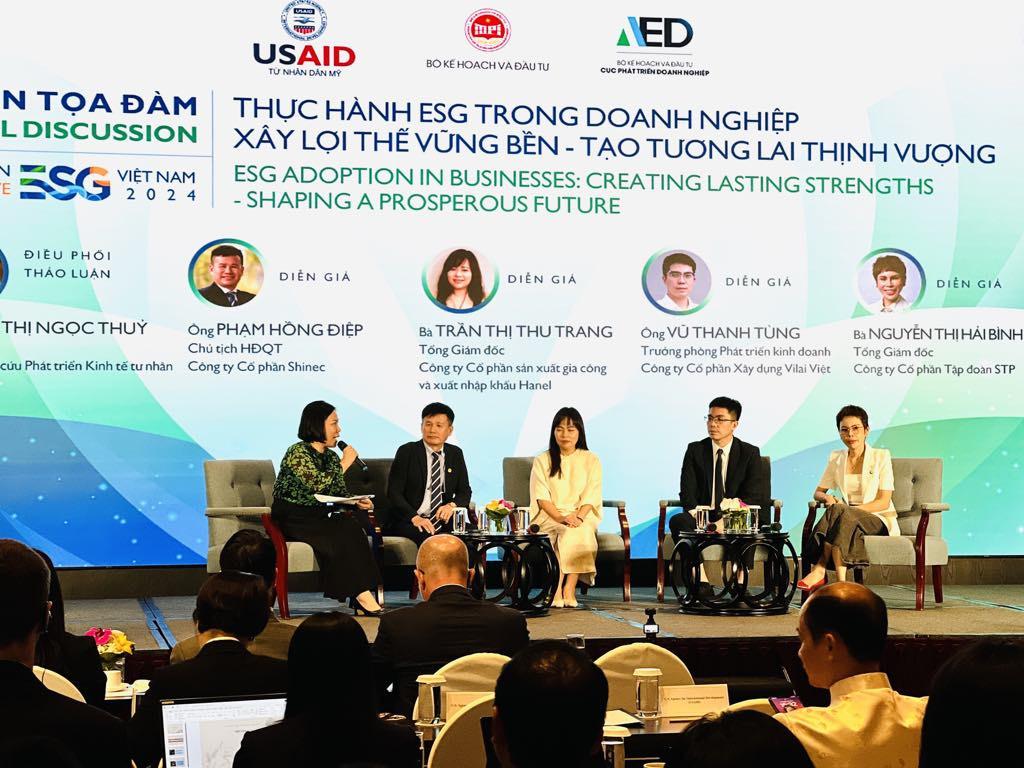
Pressure from FDI enterprises has also forced many other Vietnamese enterprises to "transform", including Shinec Joint Stock Company, the investor of Nam Cau Kien Industrial Park ( Hai Phong ).
“When attracting FDI enterprises to industrial parks, they have long pursued ESG standards. If industrial park investors do not have an ESG mindset, they will be less competitive,” said Mr. Pham Hong Diep, Chairman of the Board of Directors of Shinec Joint Stock Company.
For businesses that do not have FDI customers or export activities to large markets such as the United States, Europe, etc., ESG is also becoming a new direction to help maintain sustainable development.
For example, STP Group Joint Stock Company, of General Director Nguyen Thi Hai Binh, is a company that produces and researches sustainable marine agricultural infrastructure. The recent storm No. 3 washed away STP's marine farming infrastructure, but later, thanks to the positioning system, 90% was salvaged.
“Sustainable agriculture is a trend in Vietnam. Businesses that do not transform themselves and do not practice ESG cannot keep up with domestic trends, not to mention global trends,” said Ms. Binh.
Ms. Pham Thi Ngoc Thuy, Director of the Office of Private Economic Development Research, said that in Vietnam, there are two business models implementing ESG.
One is that businesses operating in quite traditional fields, such as construction, supporting industry, etc., seeing the changes in the market, international buyers, and the law, have no other choice but to research and integrate ESG into production and business activities.
“We really admire businesses that are trying to integrate ESG factors into traditional business operations. It is not easy because Vietnamese businesses have long been labor-intensive and resource-intensive,” Ms. Thuy shared.
Second, businesses have been associated with the concepts of "ecology" and "sustainability" since their very first days of operation.
There are many stories with high impact that can serve as models for other businesses. For example, businesses participating in the “Vietnam ESG Initiative 2024” Program chaired by the Department of Enterprise Development - Ministry of Planning and Investment.
Do it for real
The General Director of STP emphasized that if a business wants to integrate and implement ESG well, its leaders must be ESG people and must set an example so that all staff members become “green people”. Along with that, it is also necessary to choose stakeholders who are “of the same color and nature” in terms of E, S, G criteria.
“Many Vietnamese businesses still tend to ‘pretend’. Be realistic, don’t wait until your partner comes to inspect before you start to deal with it,” Ms. Binh recommended.
Mr. Vu Thanh Tung noted that Vietnamese enterprises lack both experience and capital accumulation compared to foreign enterprises. If we compete directly in the market, the risk of losing is very high. There is no other way but to start from the root and especially to take action. Currently, there are many enterprises that talk very well but do not take action.
Highly agreeing with the phrase “must act”, Ms. Thuy cited a story about 2 years ago, when Vietnamese textile and garment enterprises were “shocked” by the “green textile” phenomenon in Bangladesh. In just a very short period of time, Bangladeshi textile and garment enterprises’ export growth to the US increased by 54% thanks to green certification.
During the following year, Vietnamese textile and garment enterprises were divided into two halves to debate: one half said that the growth was because of “green”; the other half said that it was not because of “green” but still thanks to the advantages of cheap labor, readiness in the supply chain...
While many businesses were busy debating, a female owner of a medium and large textile business in Vietnam went directly to find out what certification Bangladeshi businesses had achieved in the US market. When she learned that it was a LEED certification issued by US organizations, her business was determined to achieve this certification.
The first time she saw the LEED assessment table, she was stunned by the number of criteria, some of which were extremely difficult, but the company was still determined to do it and achieved results. Last year, while the entire Vietnamese textile and garment industry experienced negative growth of nearly 10%, this textile and garment company still had positive growth, becoming the one with the right to choose international buyers when owning a rare certificate compared to other companies in the same market.
“If we only think of ESG as a decorative activity, helping to ‘dress up’ and ‘color’ the market, businesses will find it difficult to go the long way and will not be able to develop sustainably,” Ms. Thuy concluded.
The Department of Enterprise Development - Ministry of Planning and Investment has just introduced a number of tools to support ESG practices for businesses, including: Sustainable business assessment toolkit according to the ESG framework; Handbook Introducing legal regulations on ESG in 2024; Report assessing the level of ESG practices in businesses in 2024. The tools are available for free at https://esg.business.gov.vn |
Source: https://vietnamnet.vn/dung-lay-esg-nhu-hoat-dong-phong-bat-lam-mau-2328584.html



![[Photo] Hanoi: Authorities work hard to overcome the effects of heavy rain](https://vstatic.vietnam.vn/vietnam/resource/IMAGE/2025/8/26/380f98ee36a34e62a9b7894b020112a8)

![[Photo] Multi-colored cultural space at the Exhibition "80 years of the journey of Independence - Freedom - Happiness"](https://vstatic.vietnam.vn/vietnam/resource/IMAGE/2025/8/26/fe69de34803e4ac1bf88ce49813d95d8)
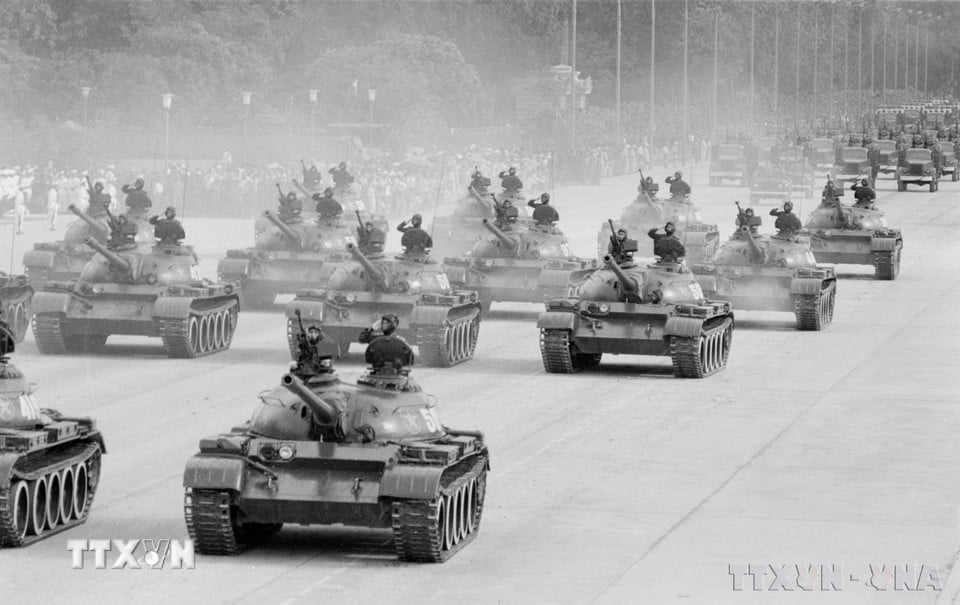

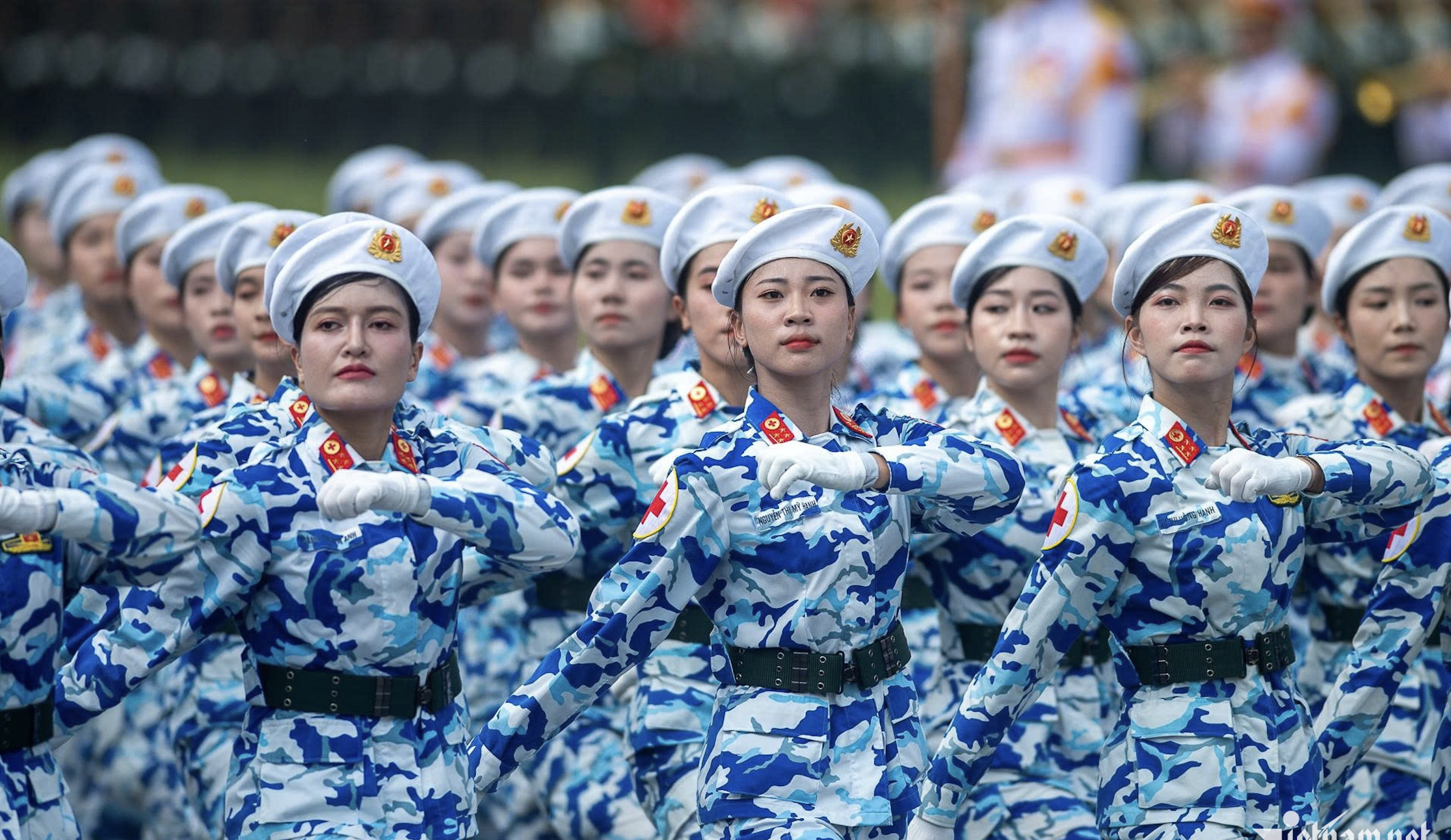
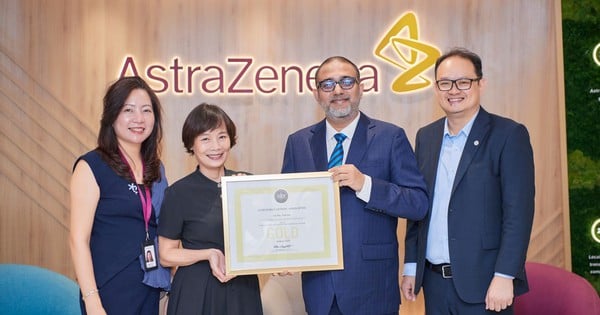

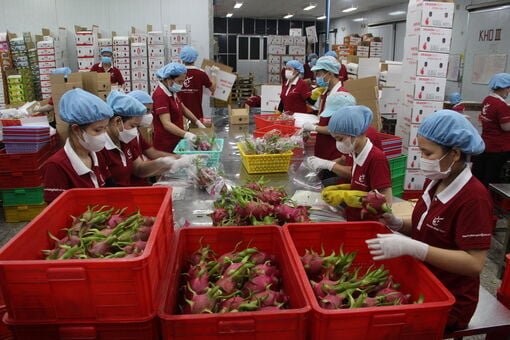

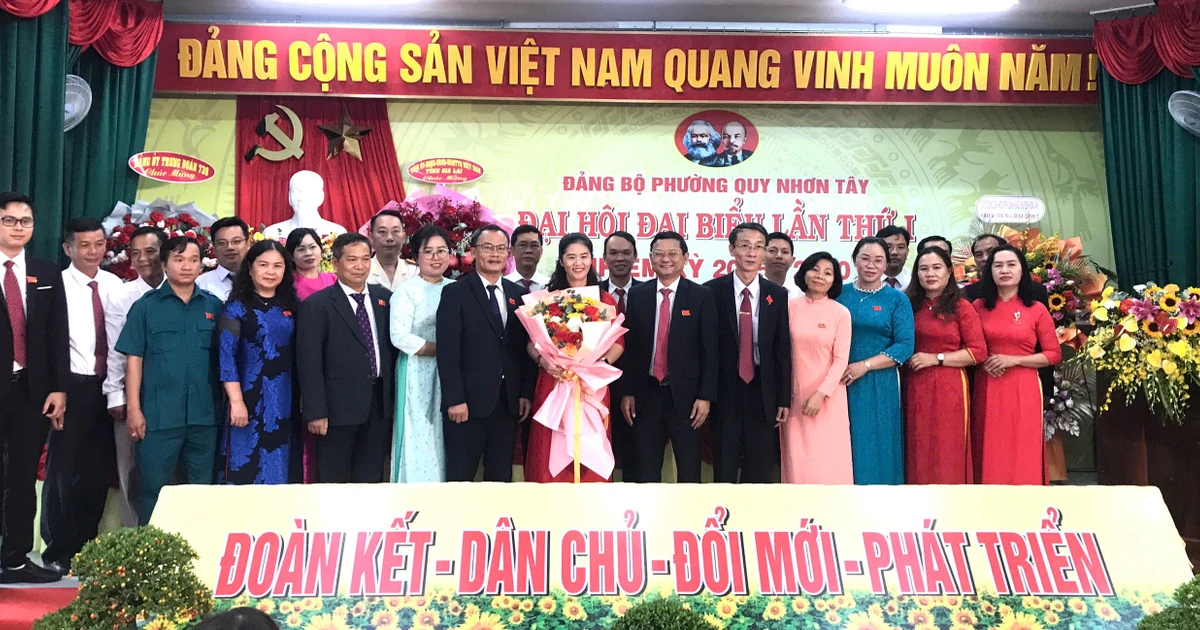

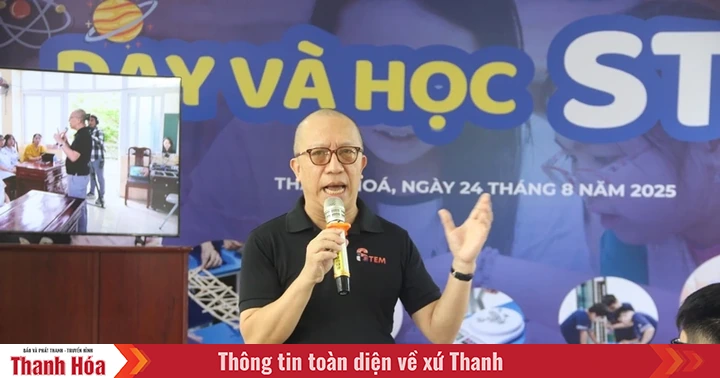

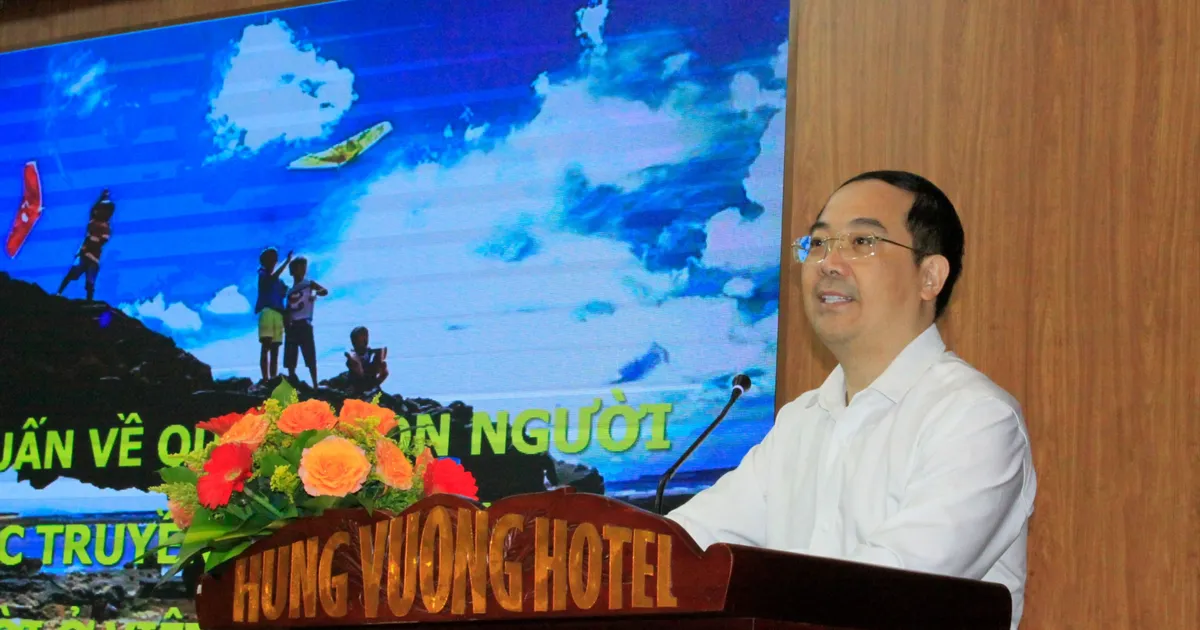

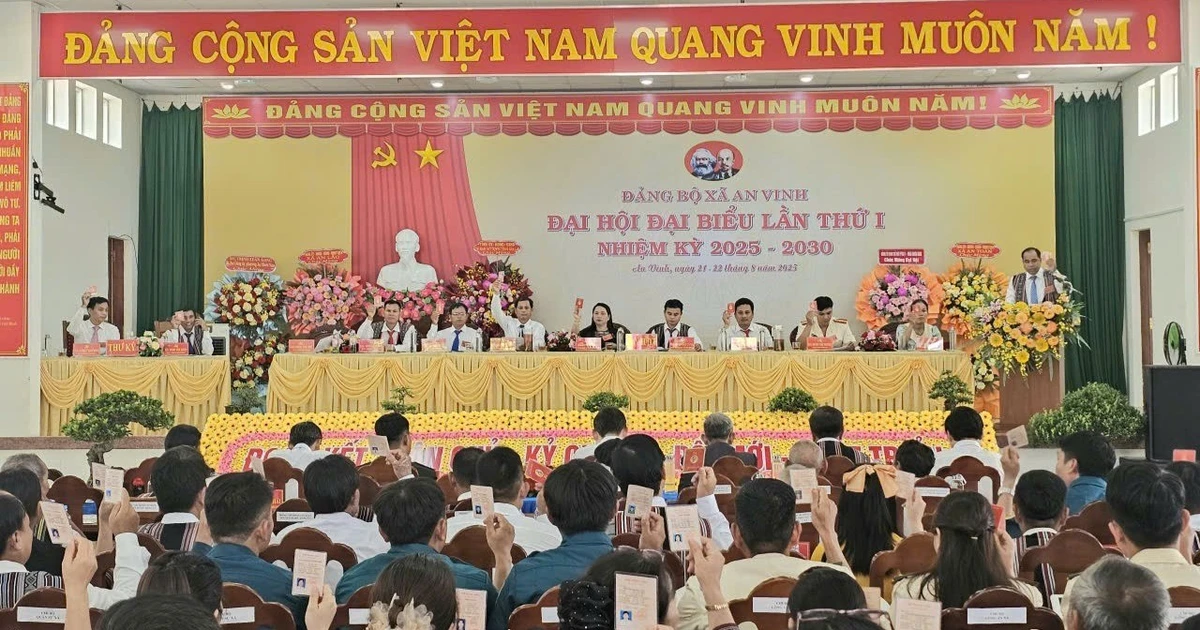
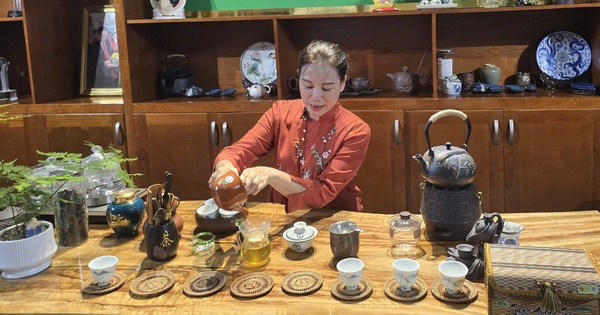

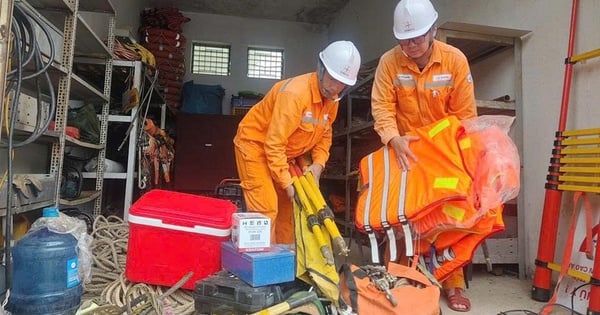


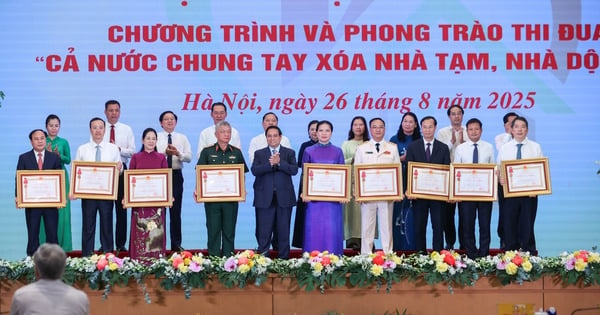
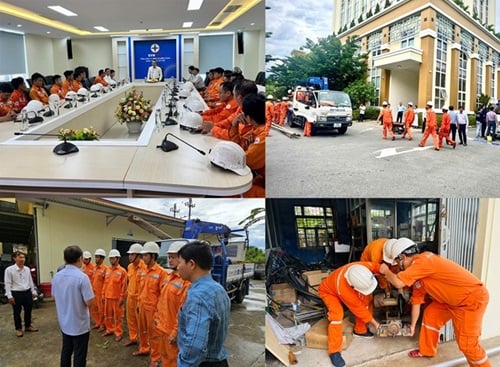



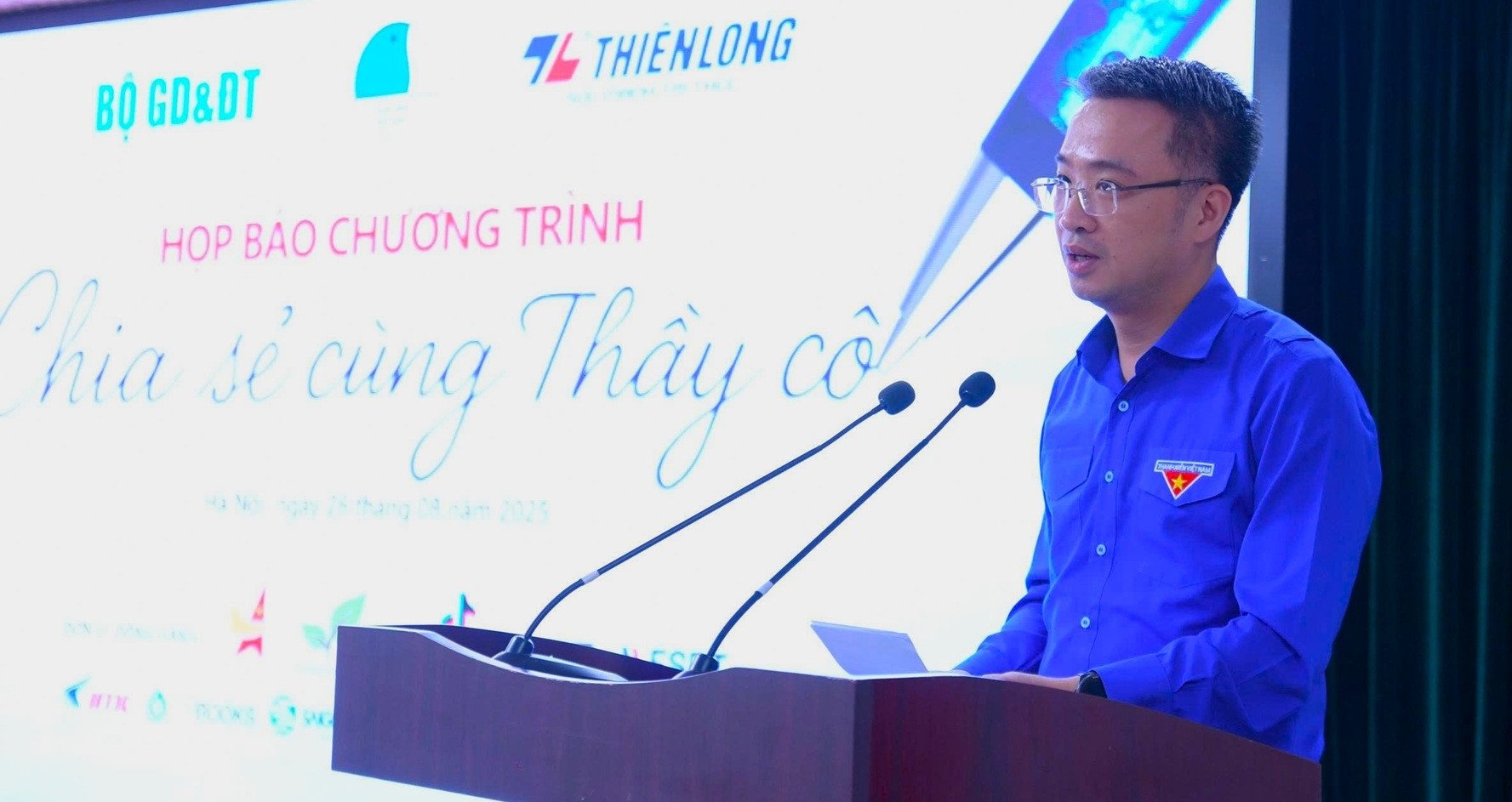
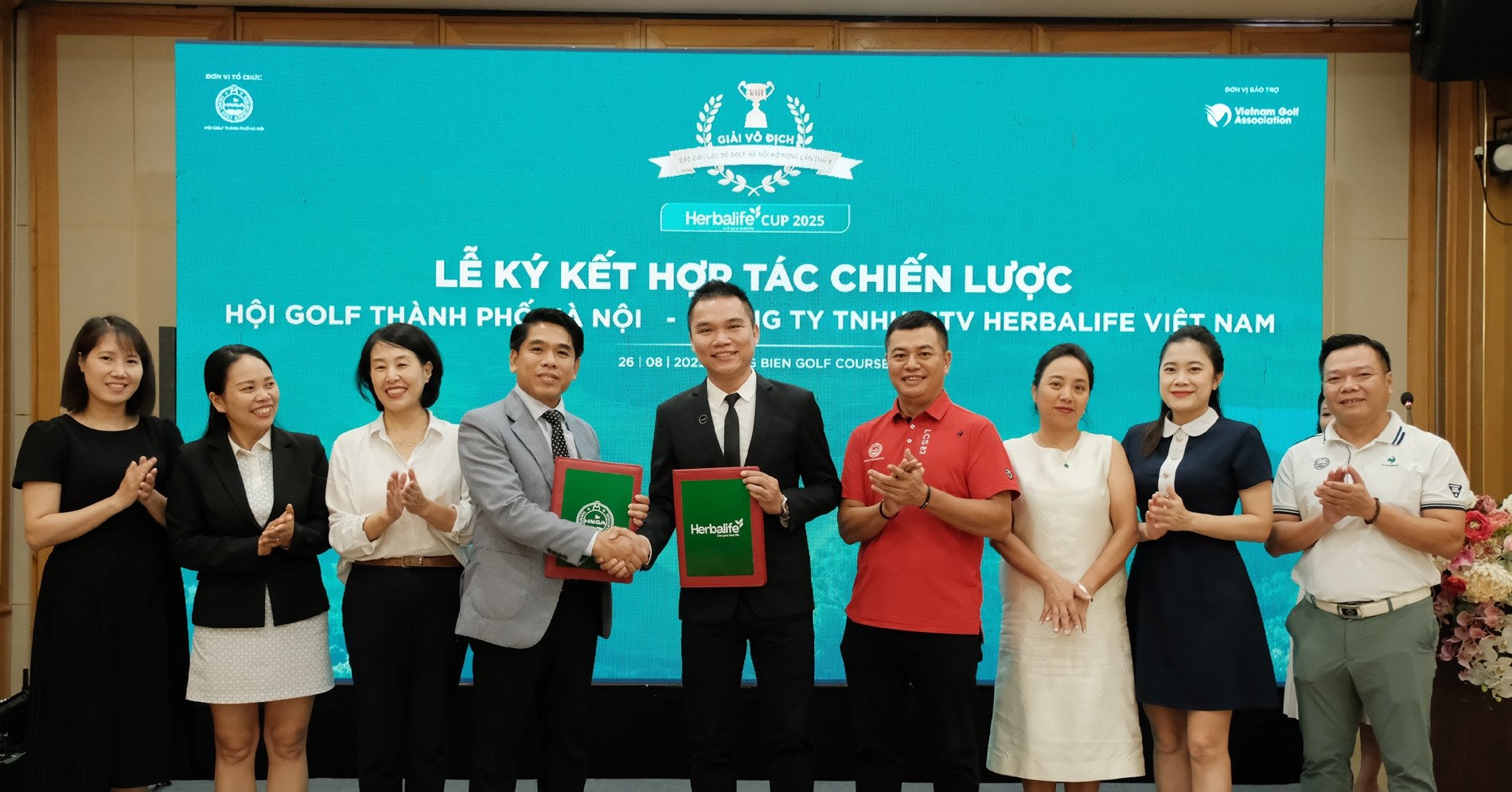
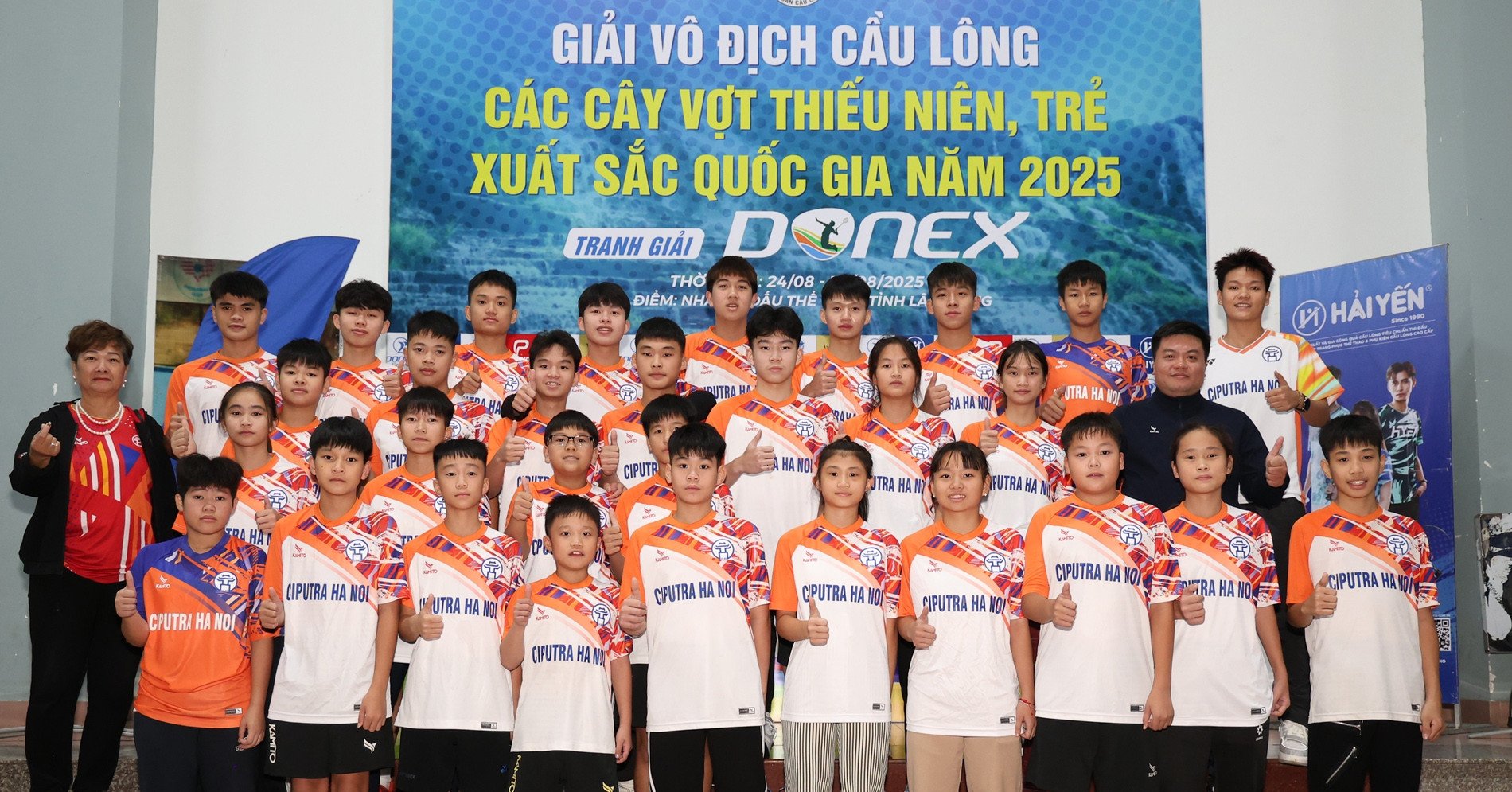




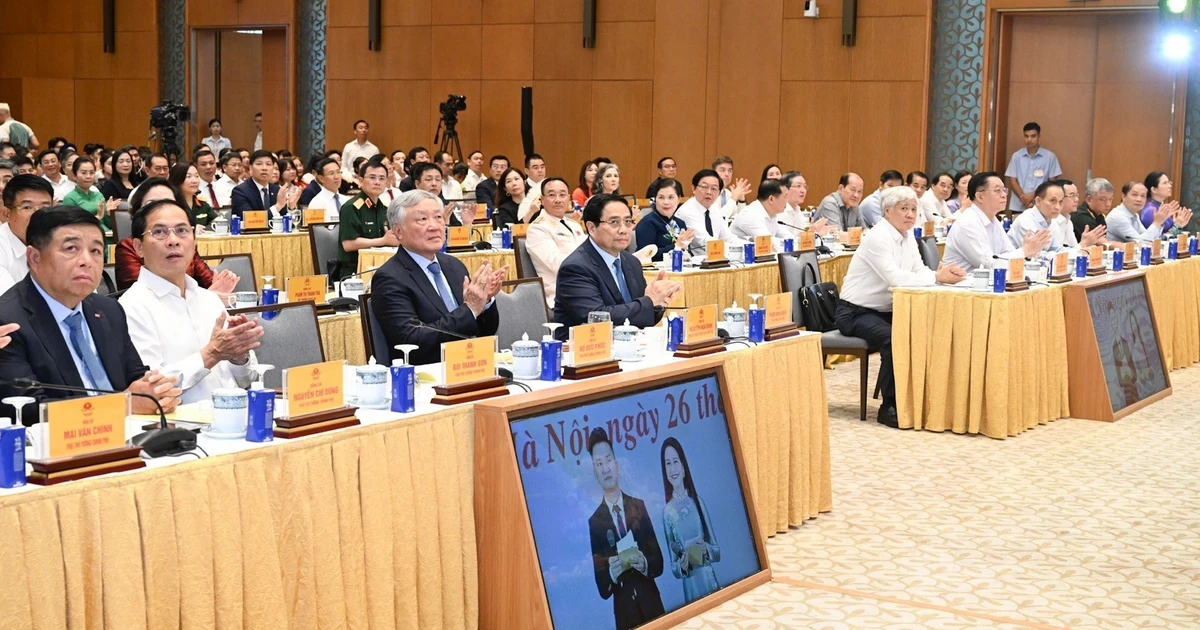


























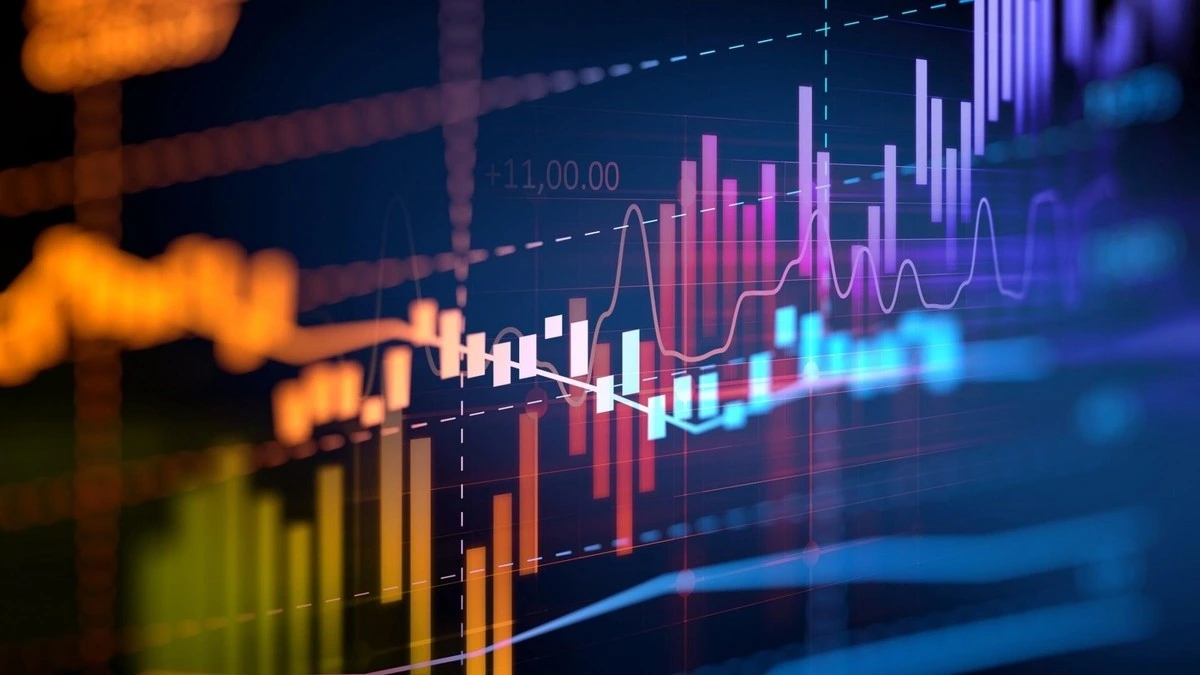
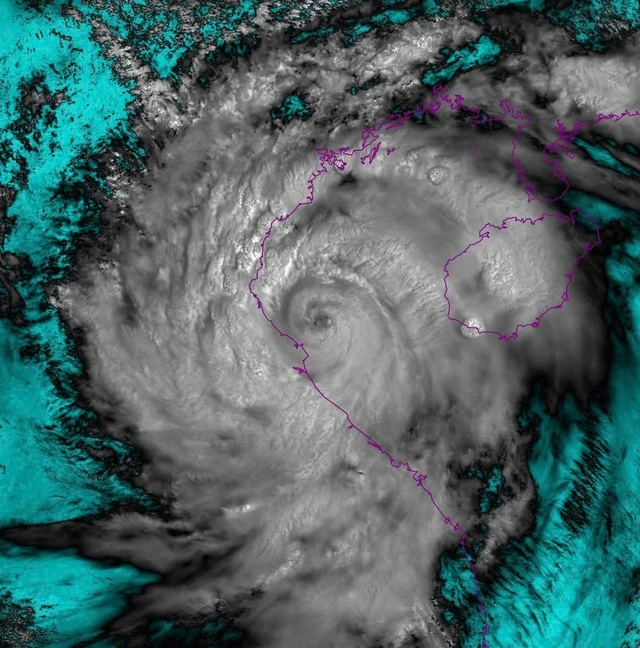

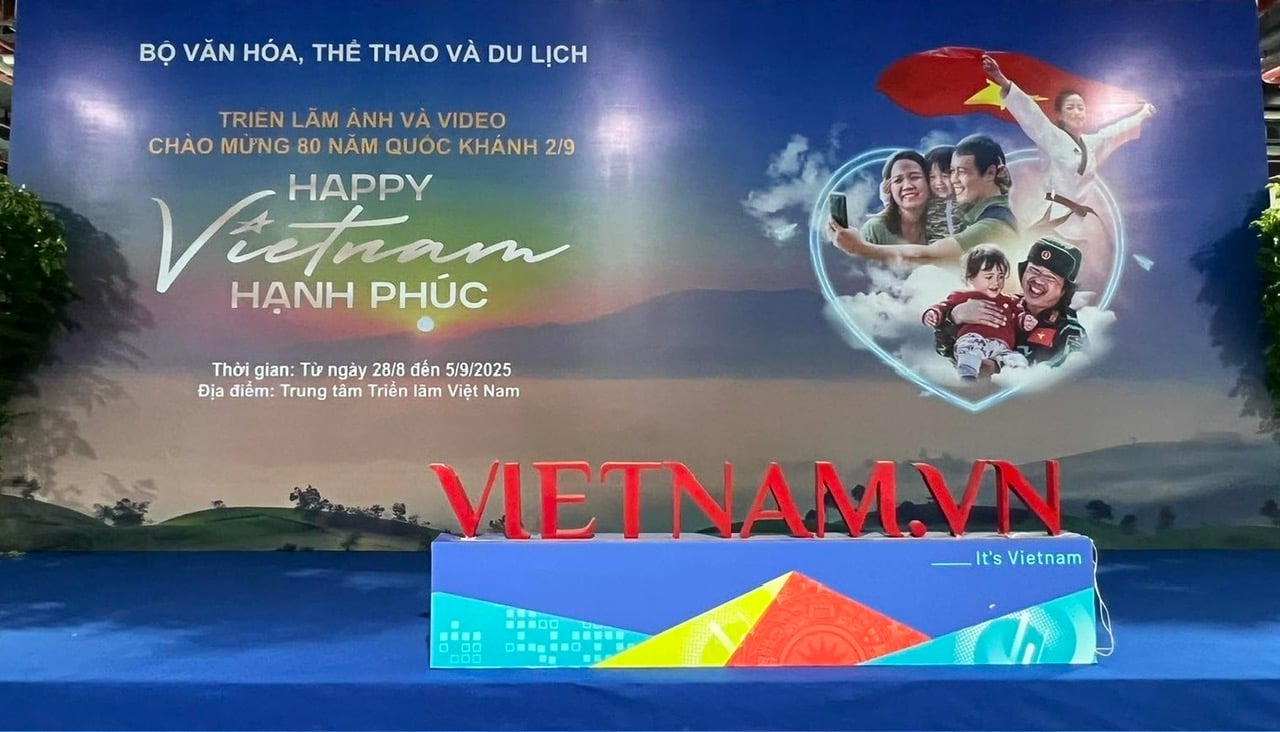
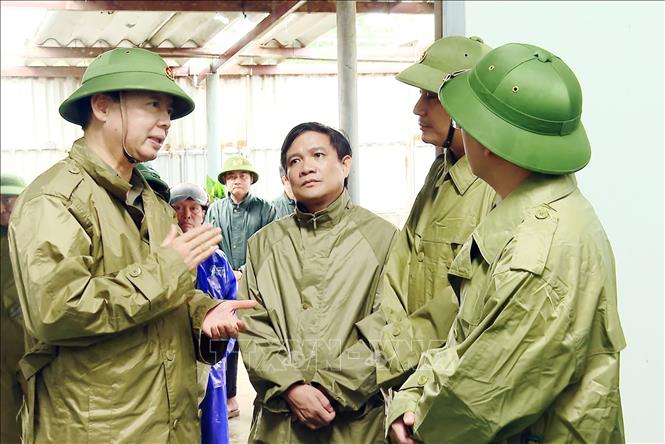

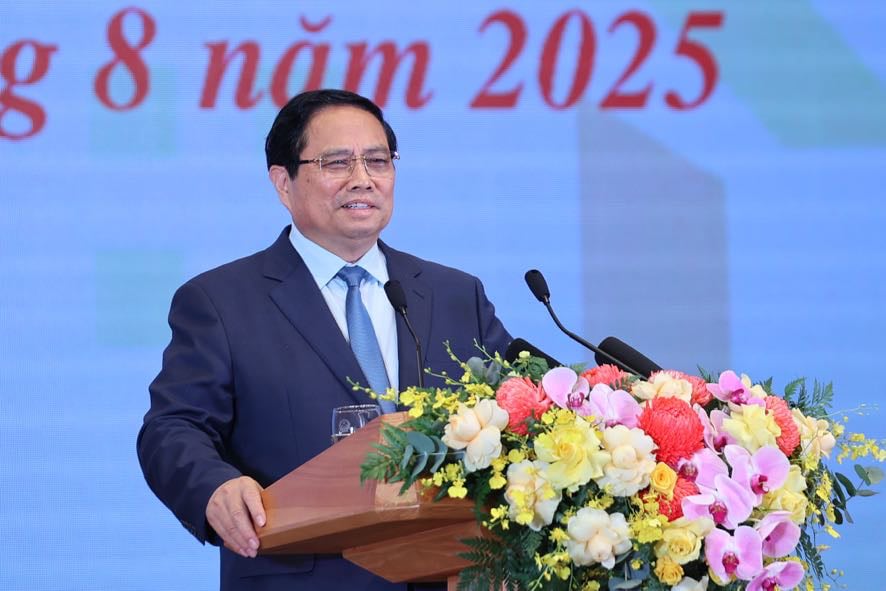
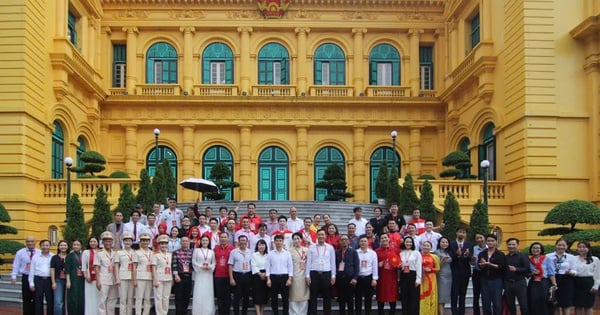

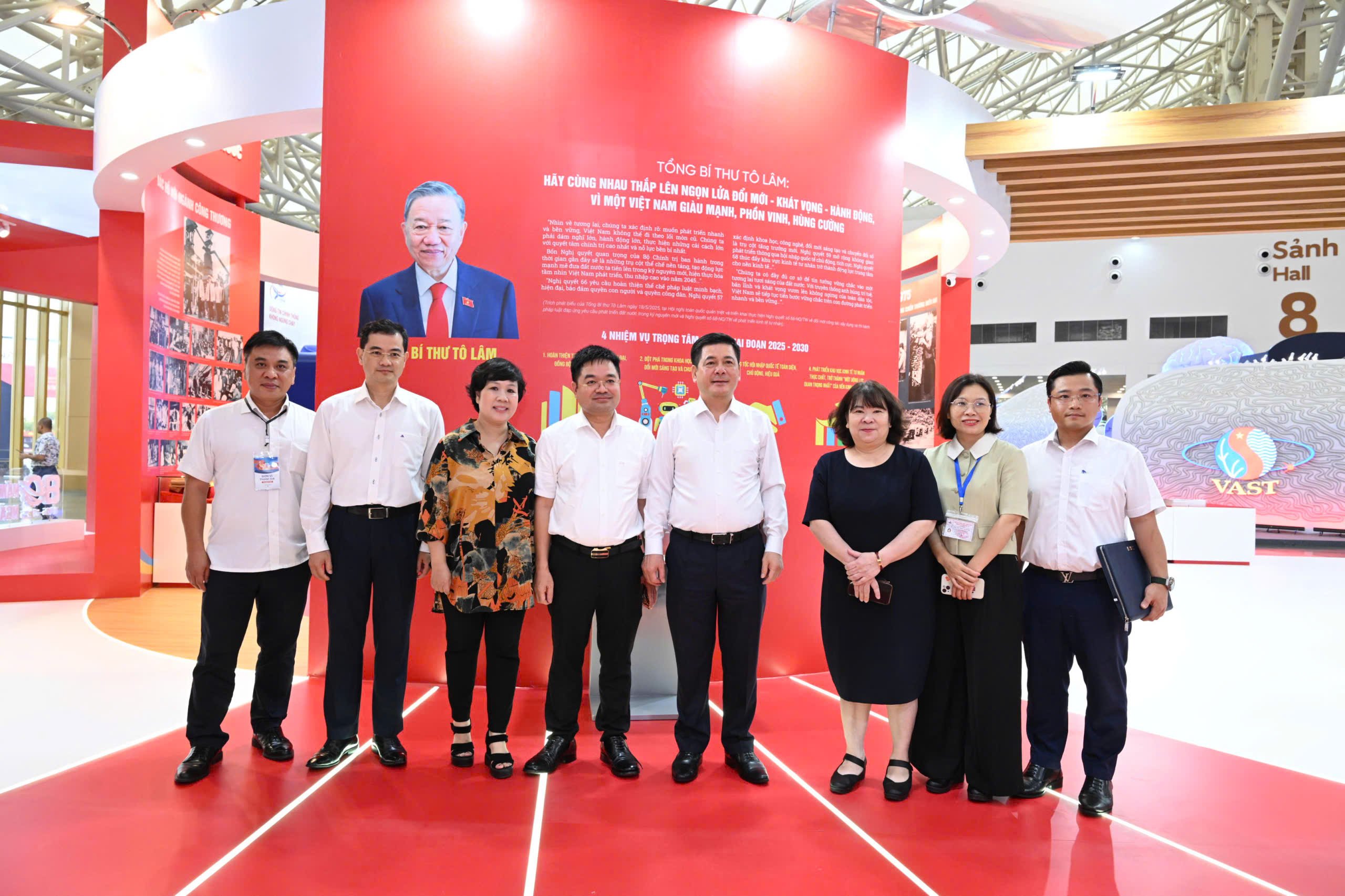

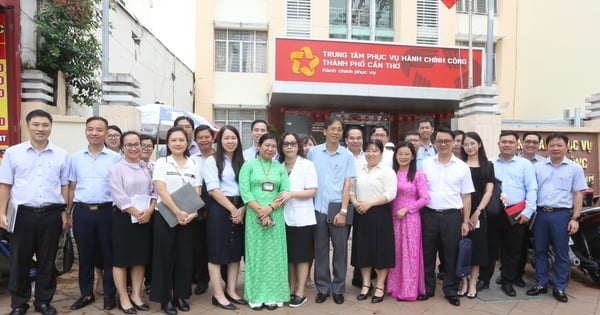

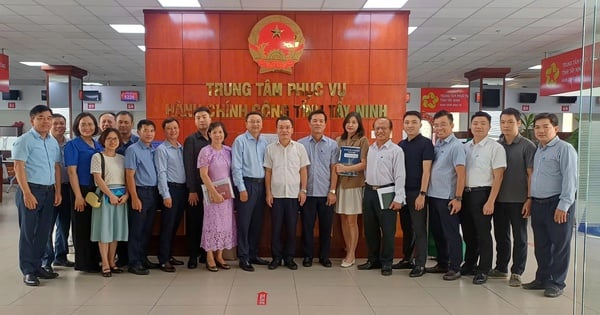
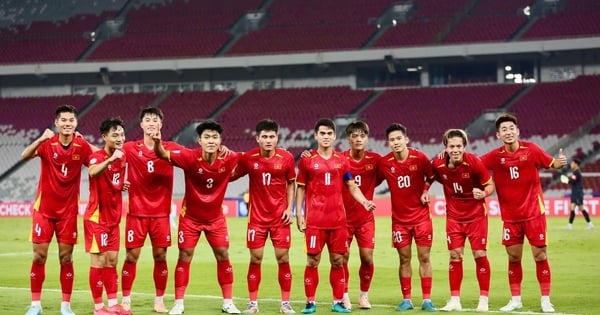

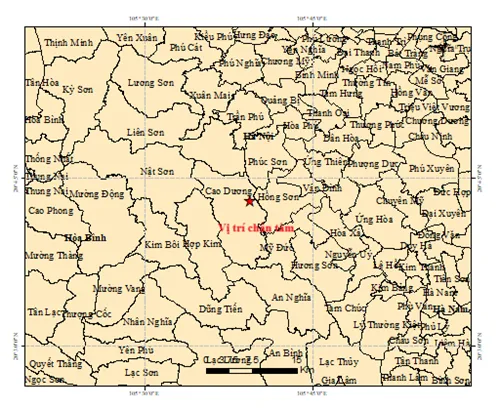
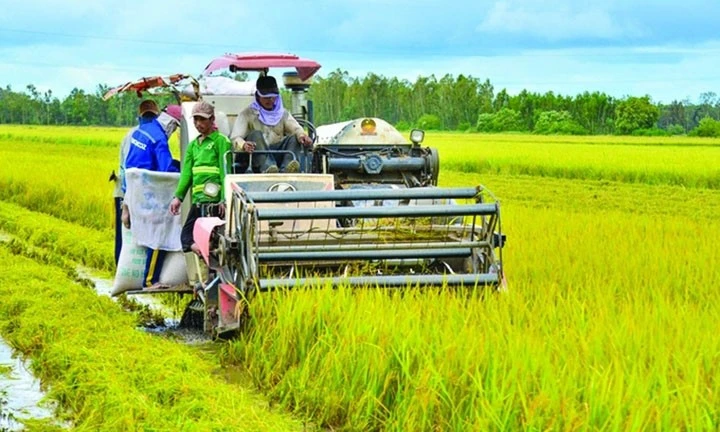

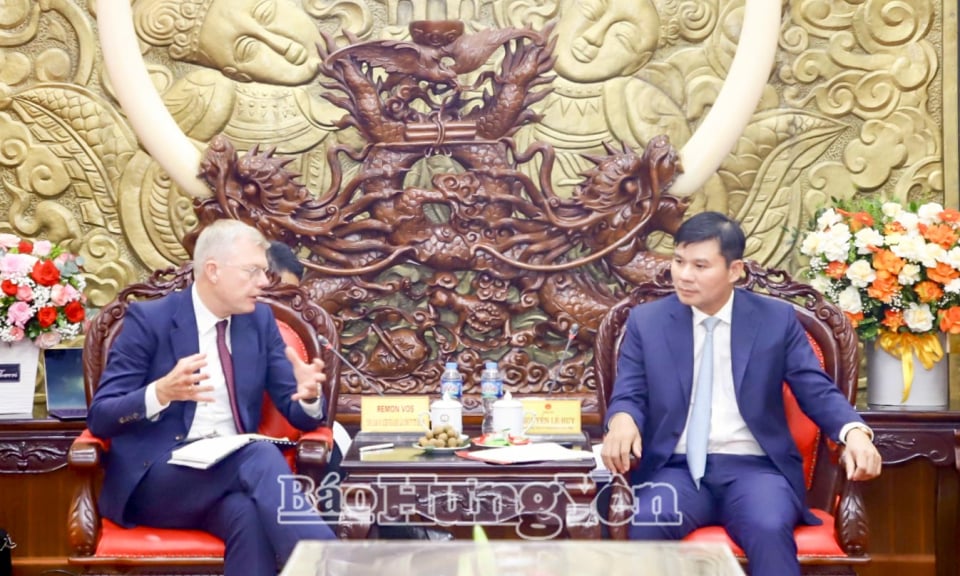

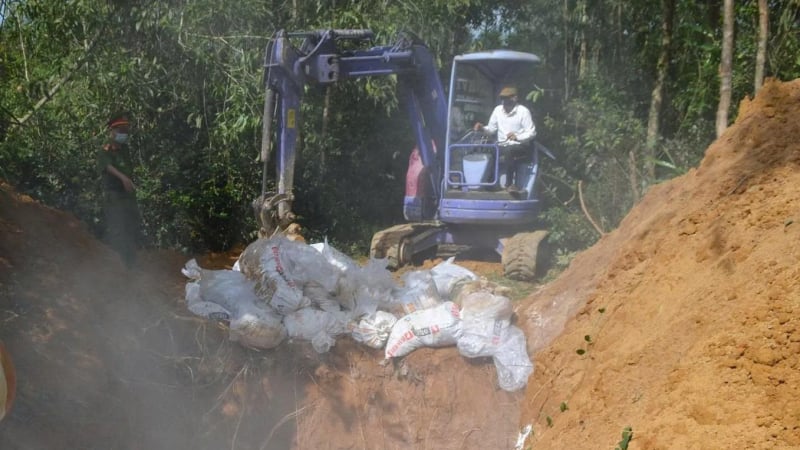

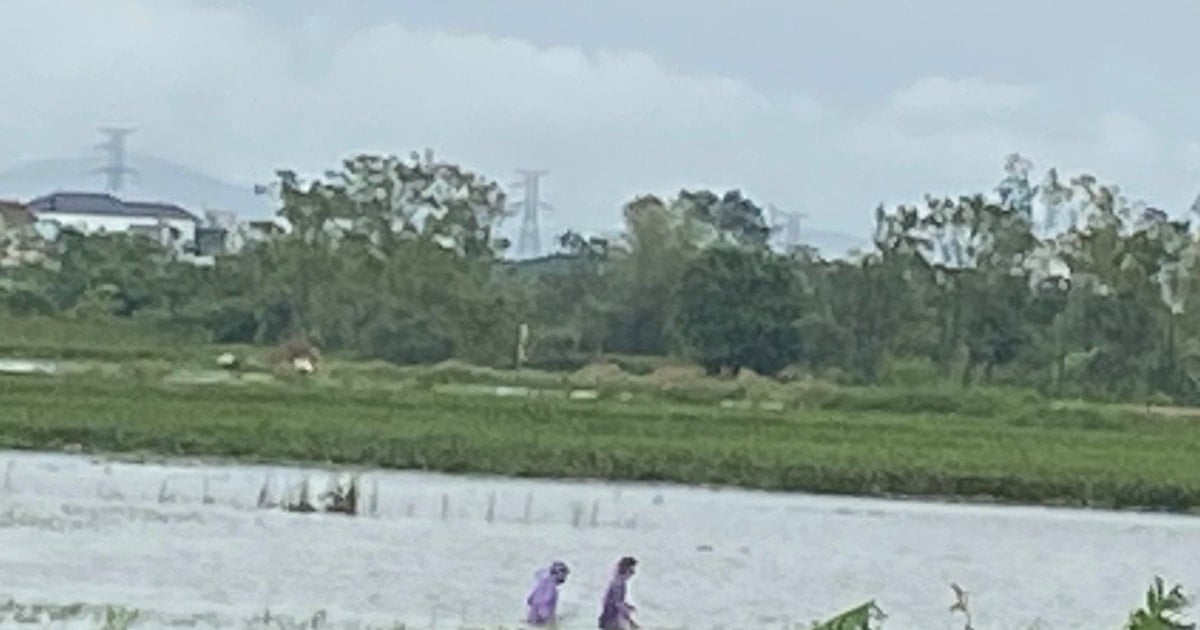

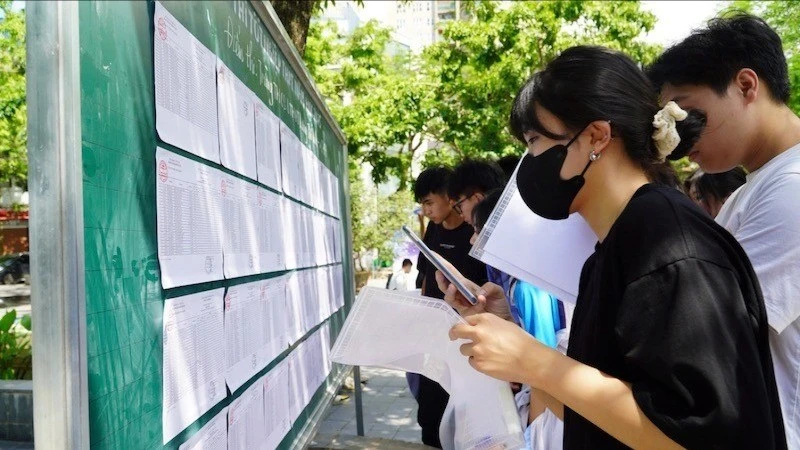





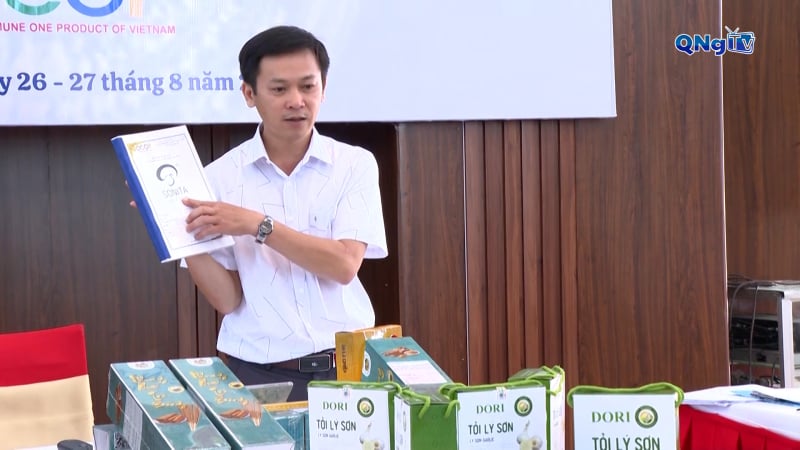








Comment (0)